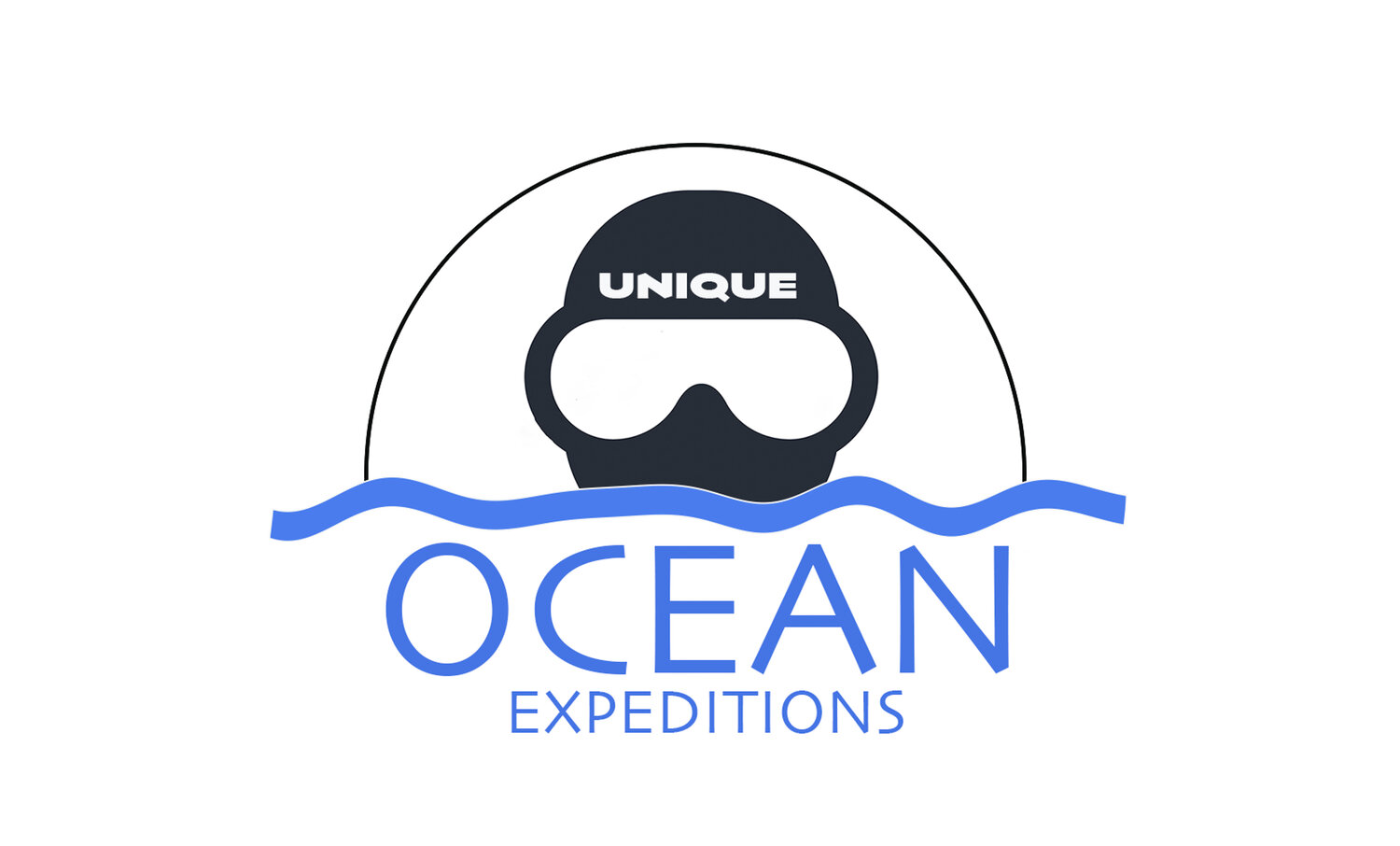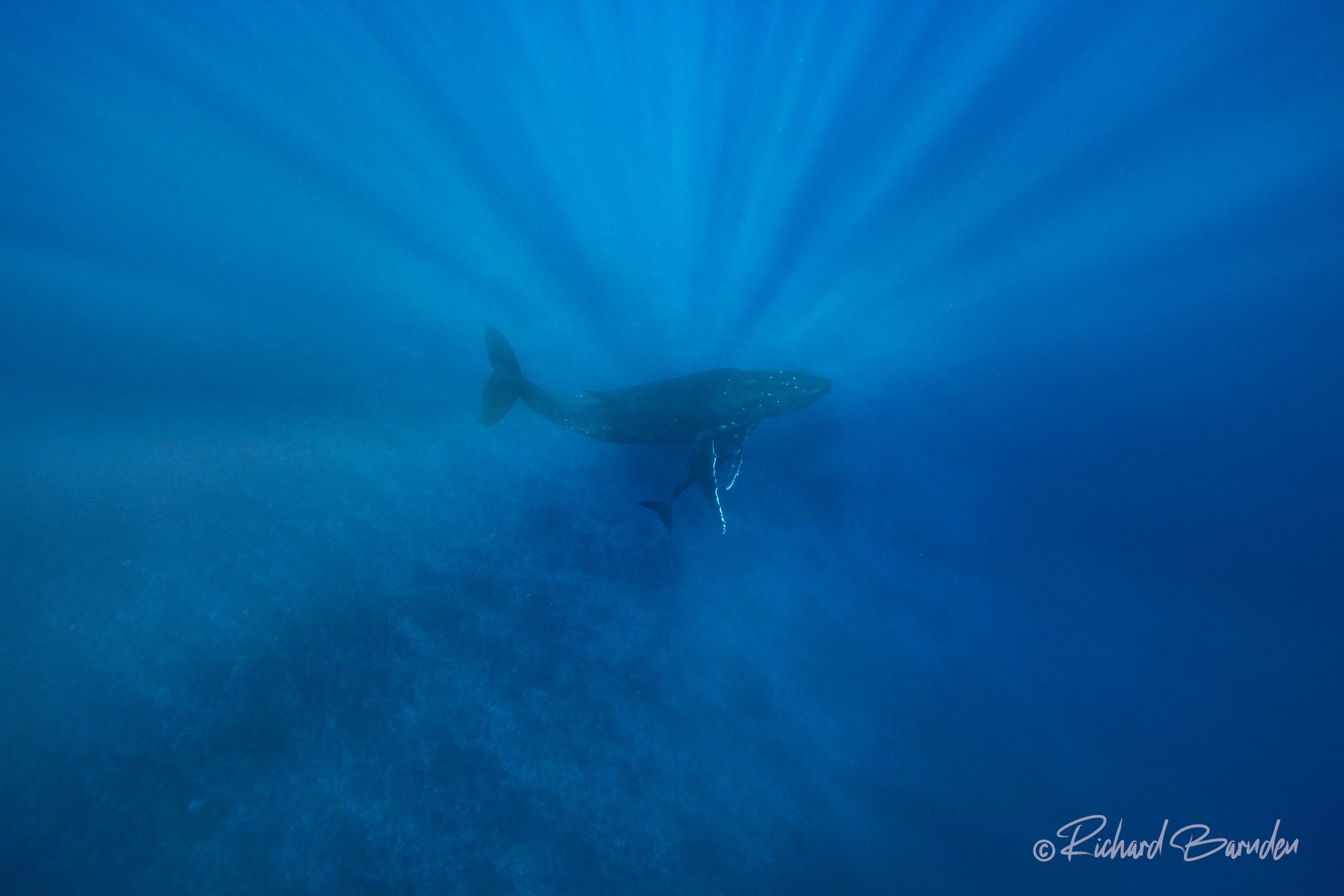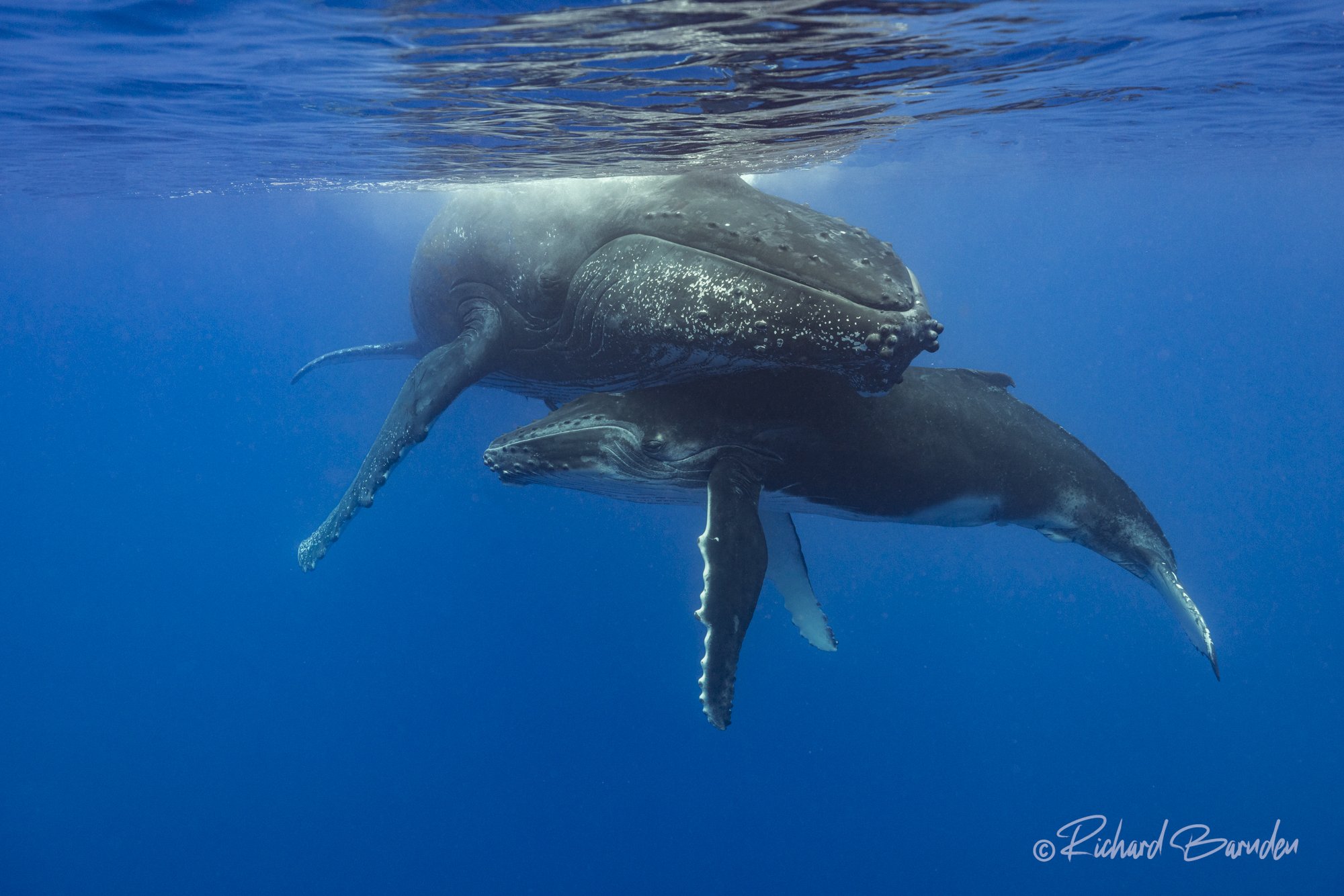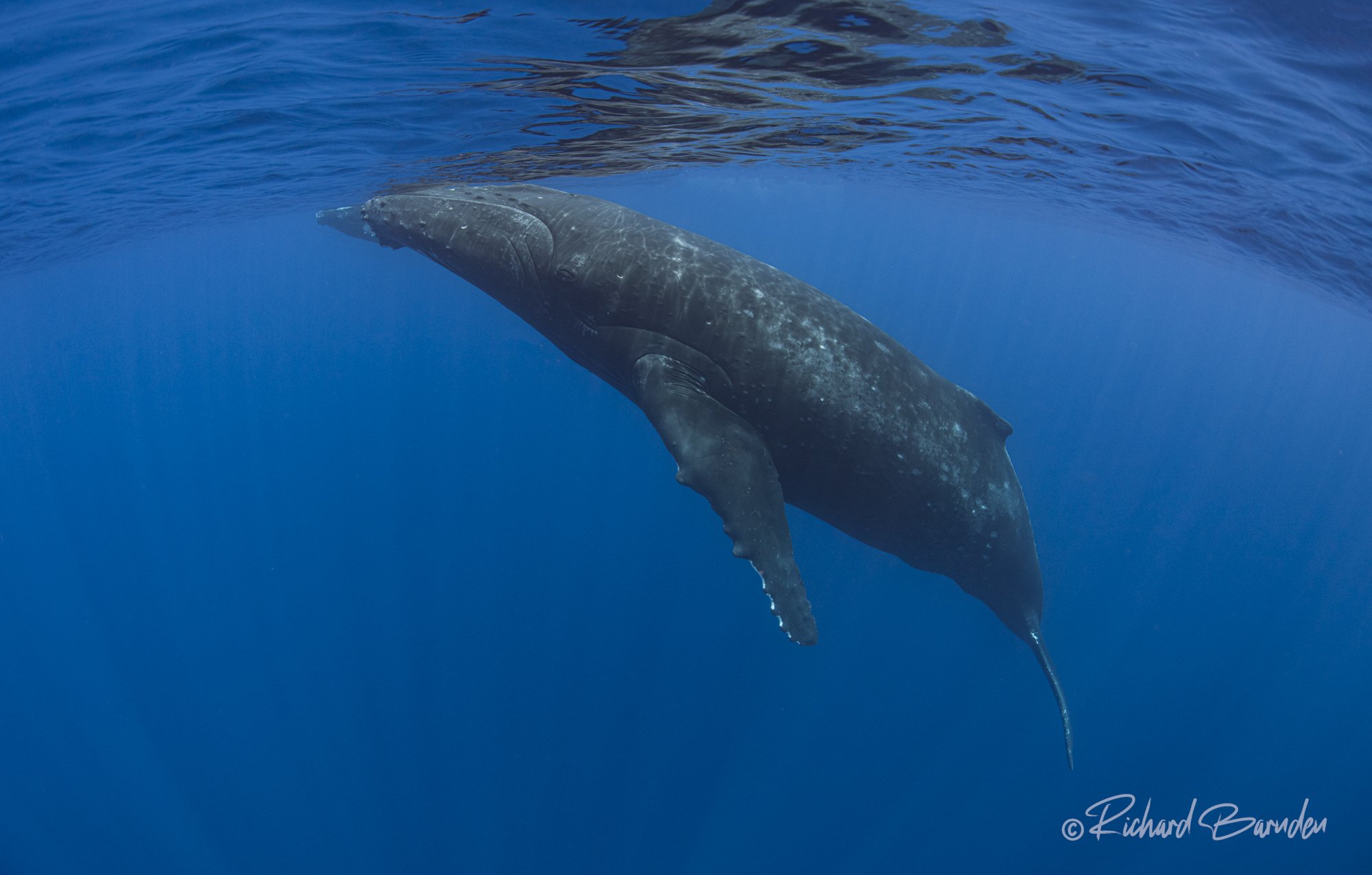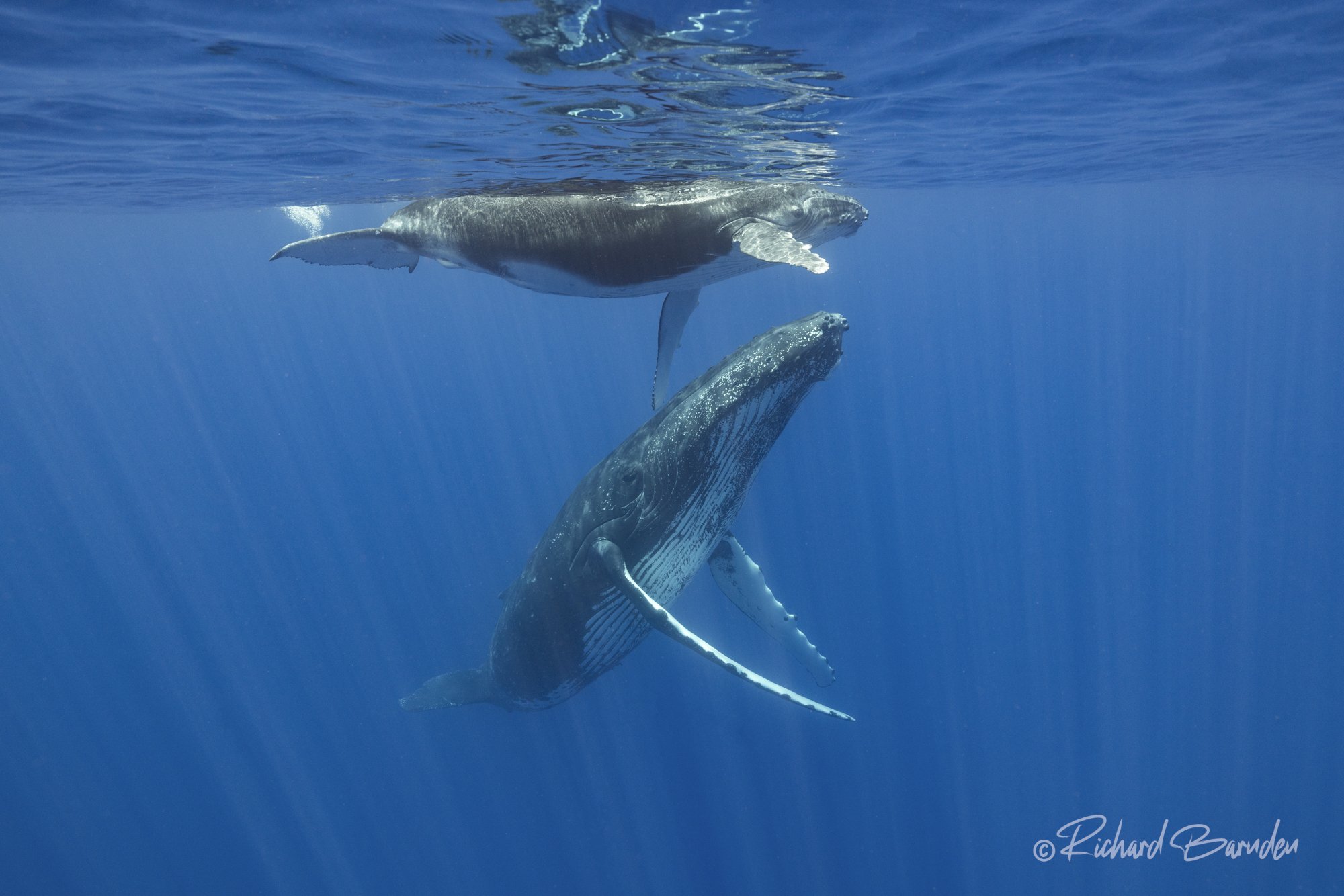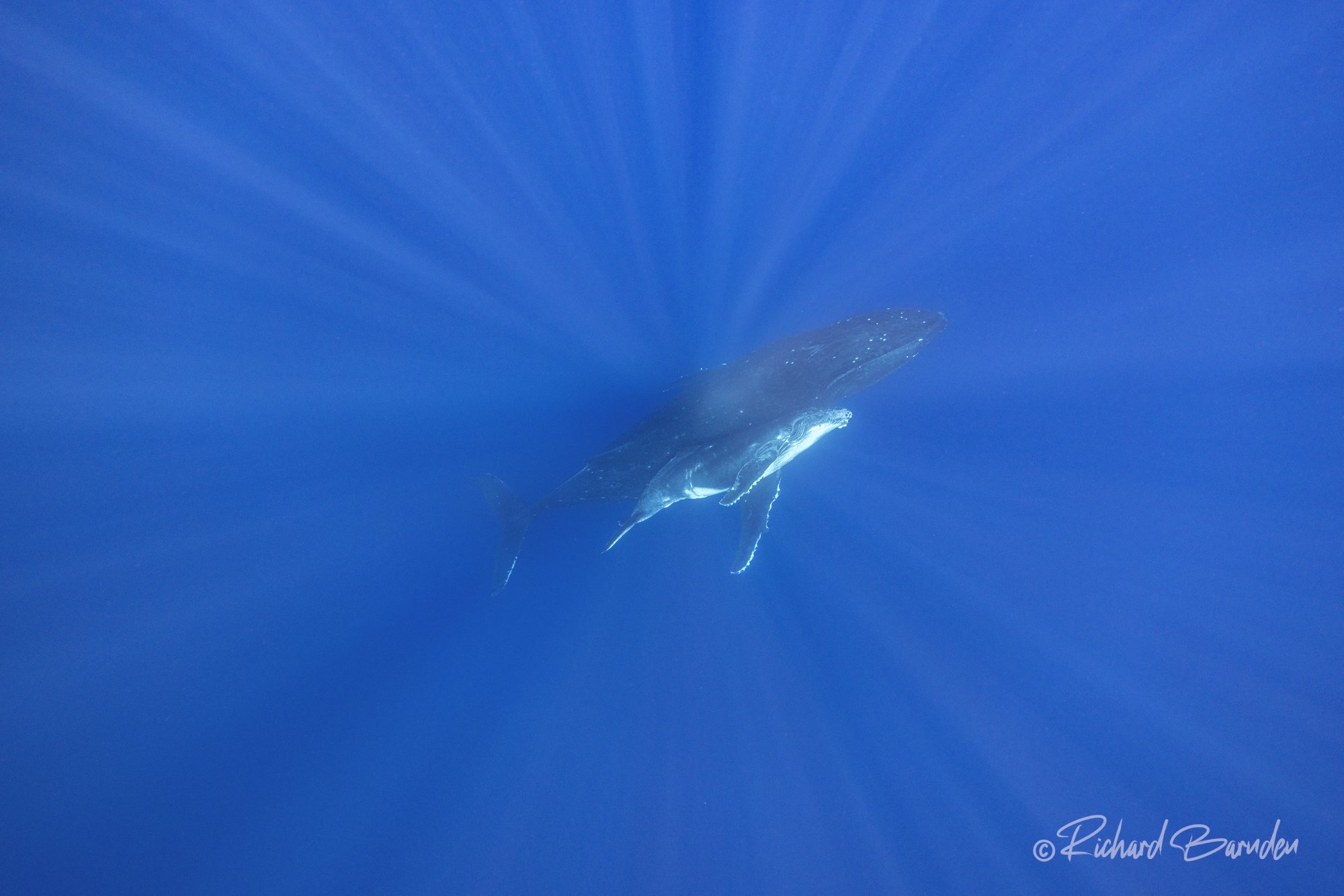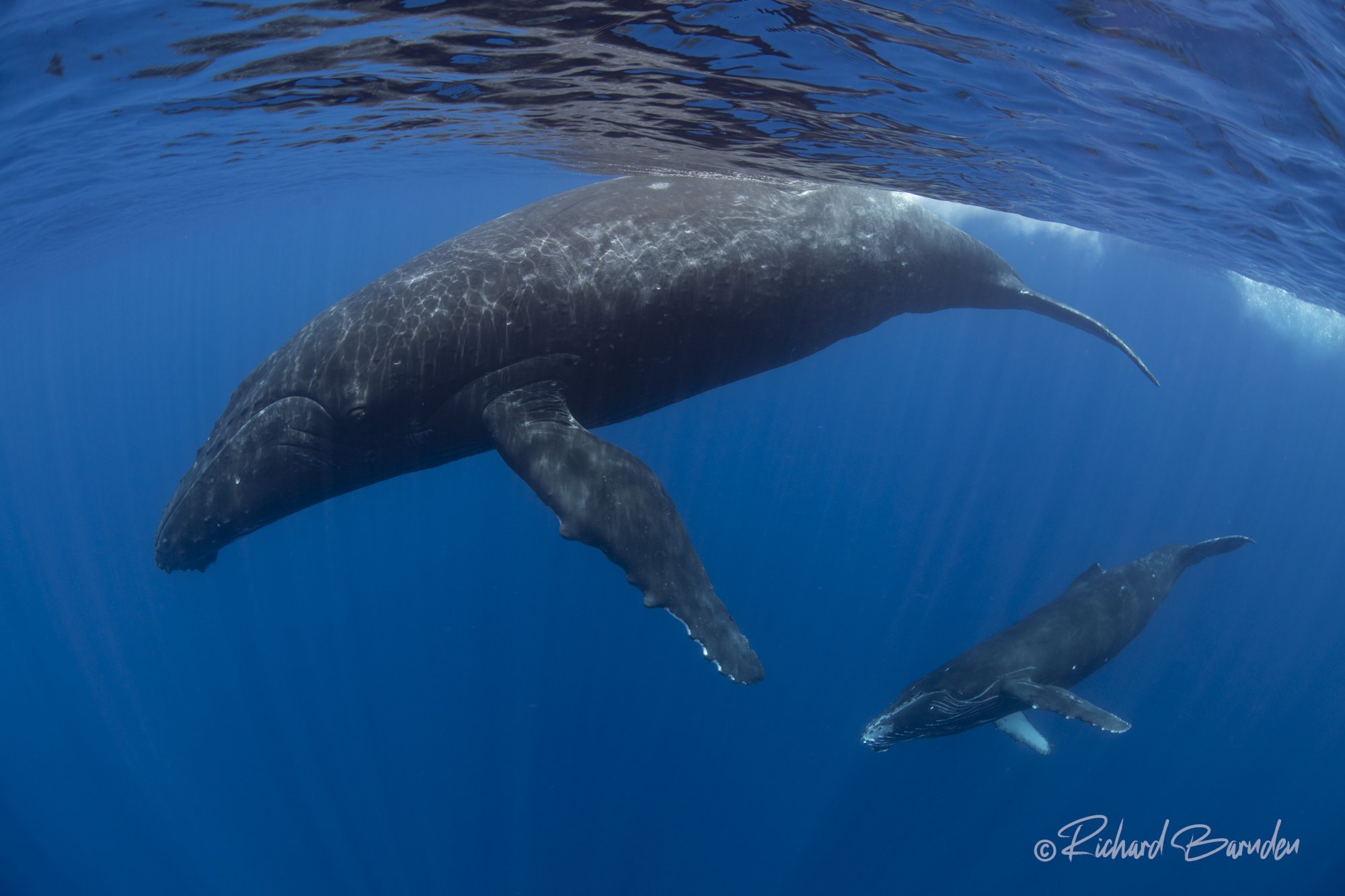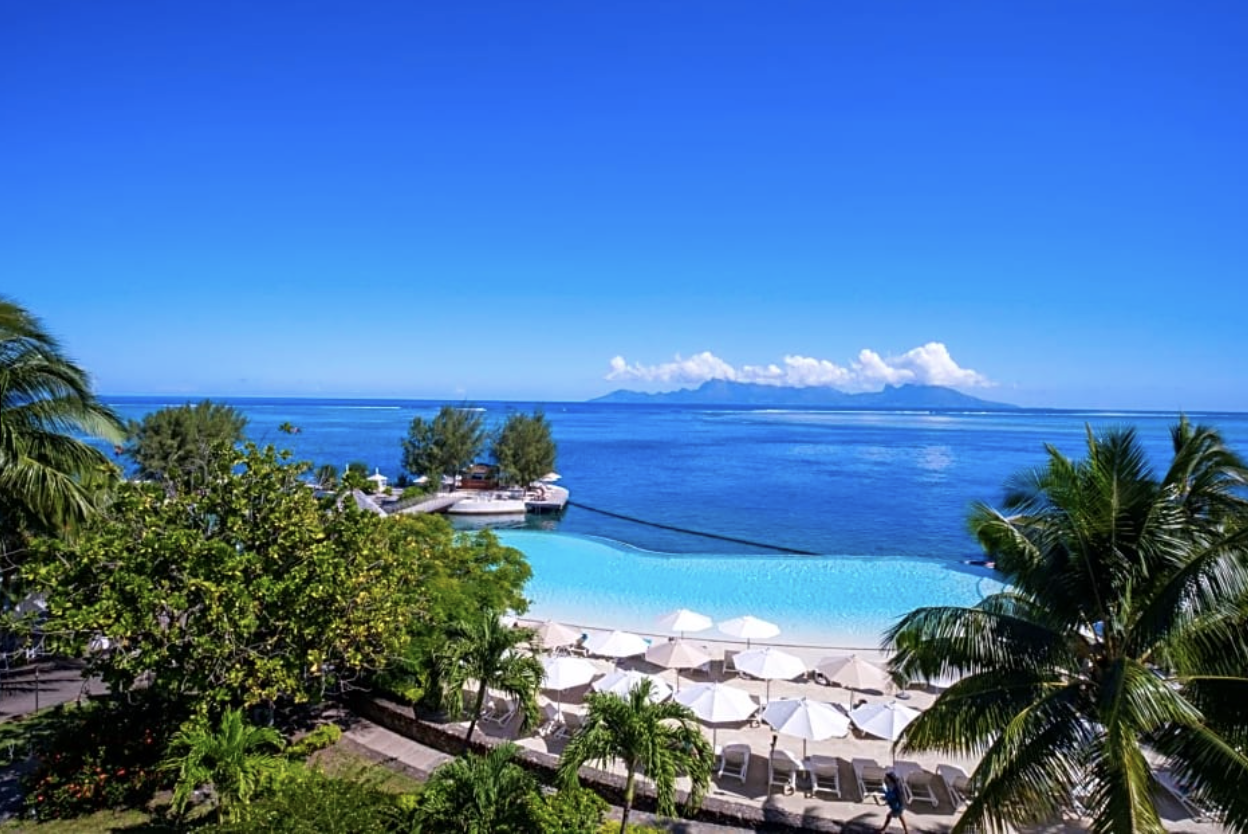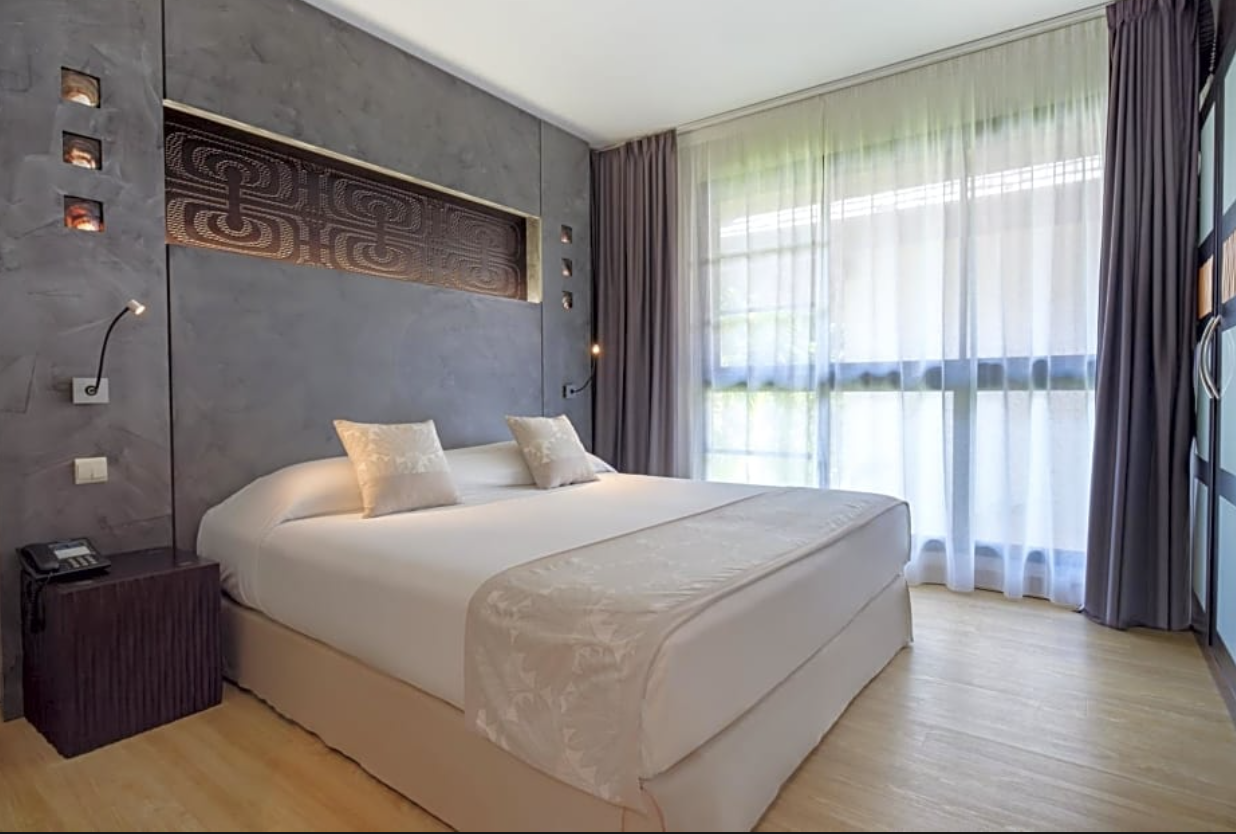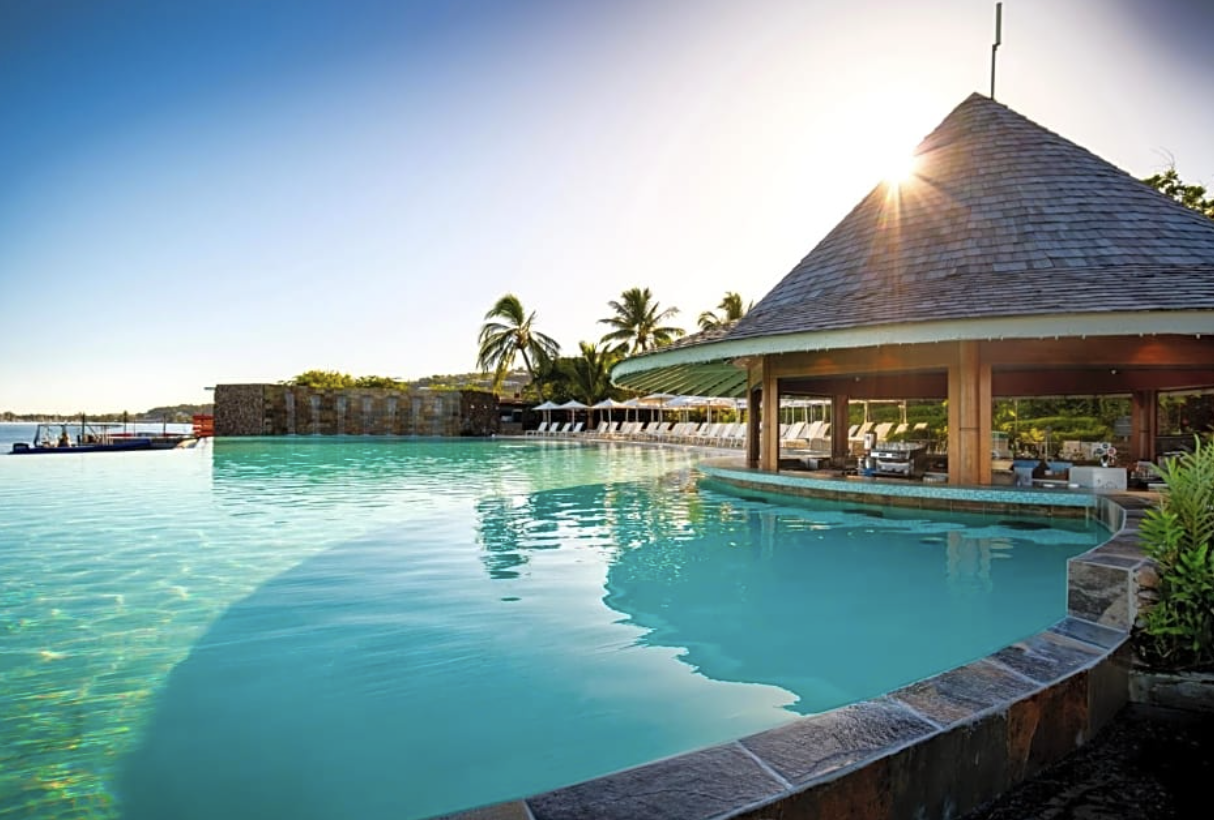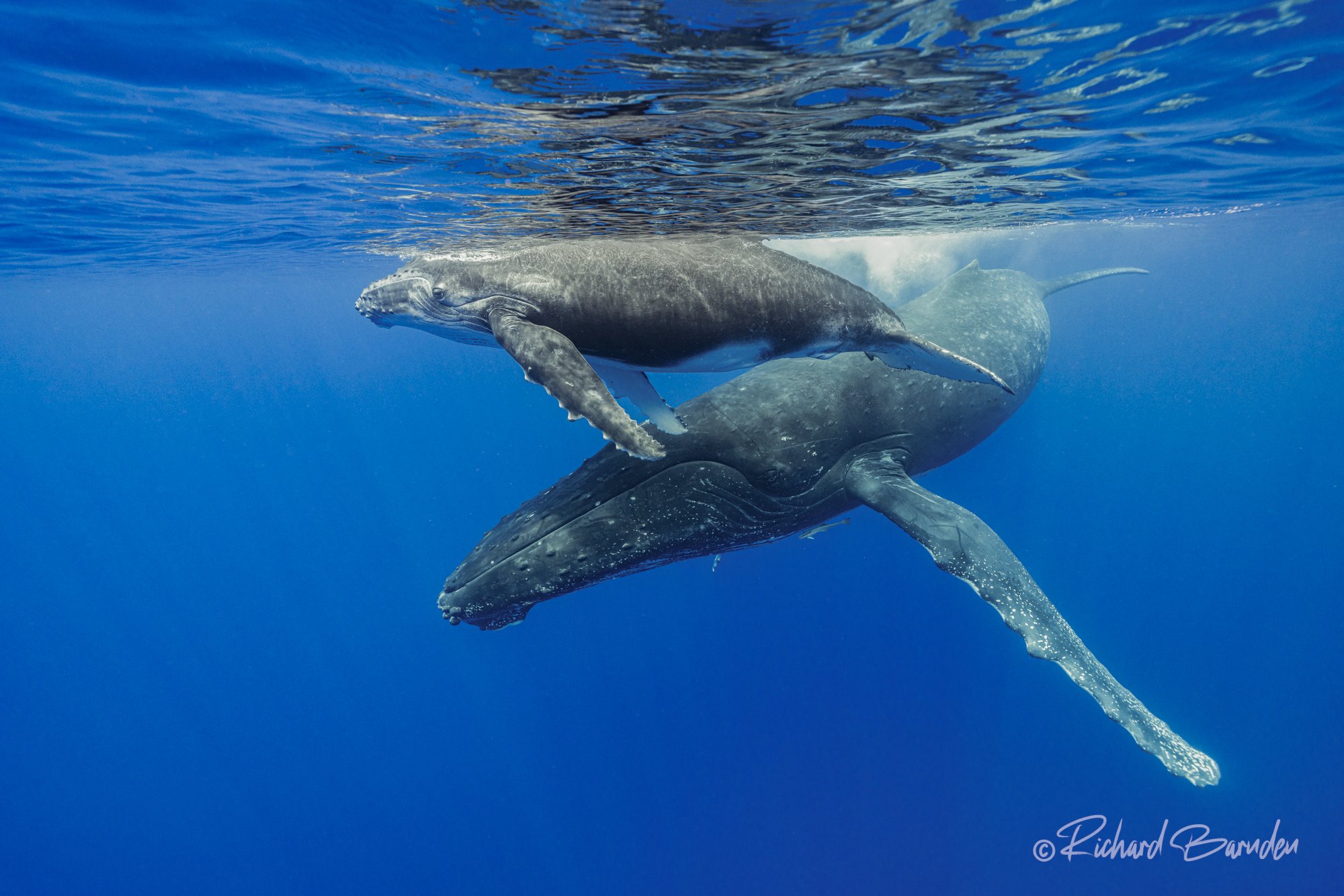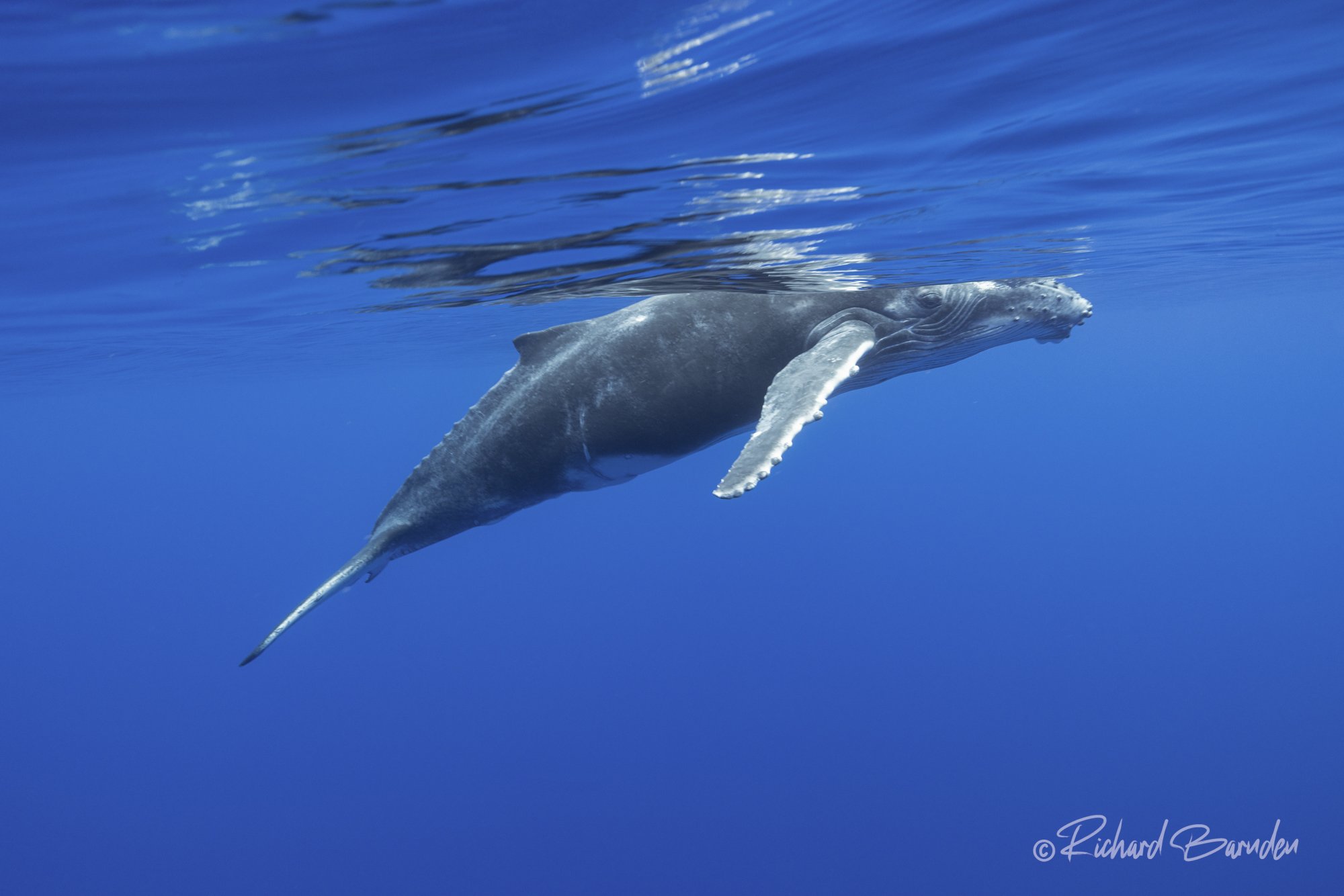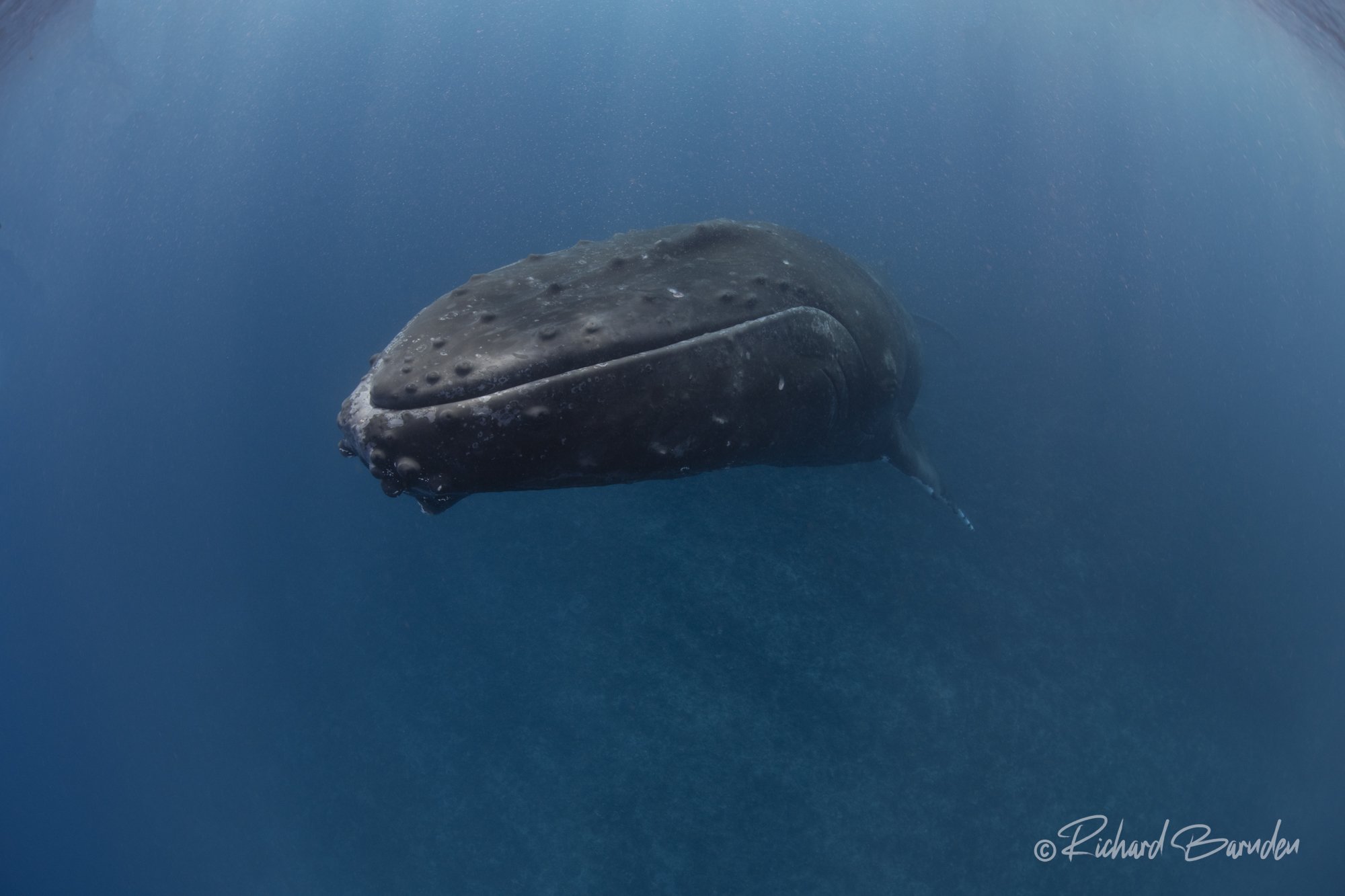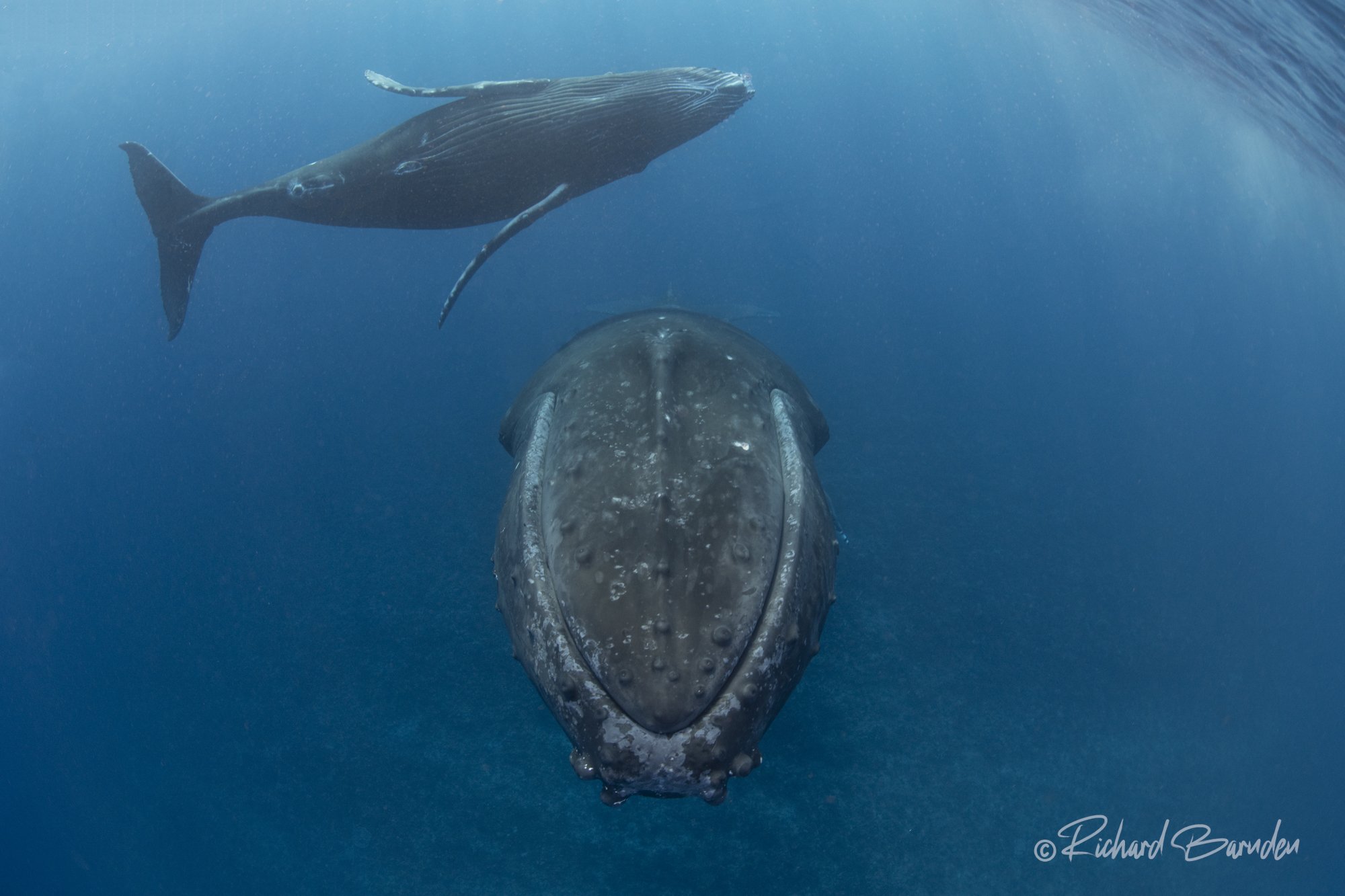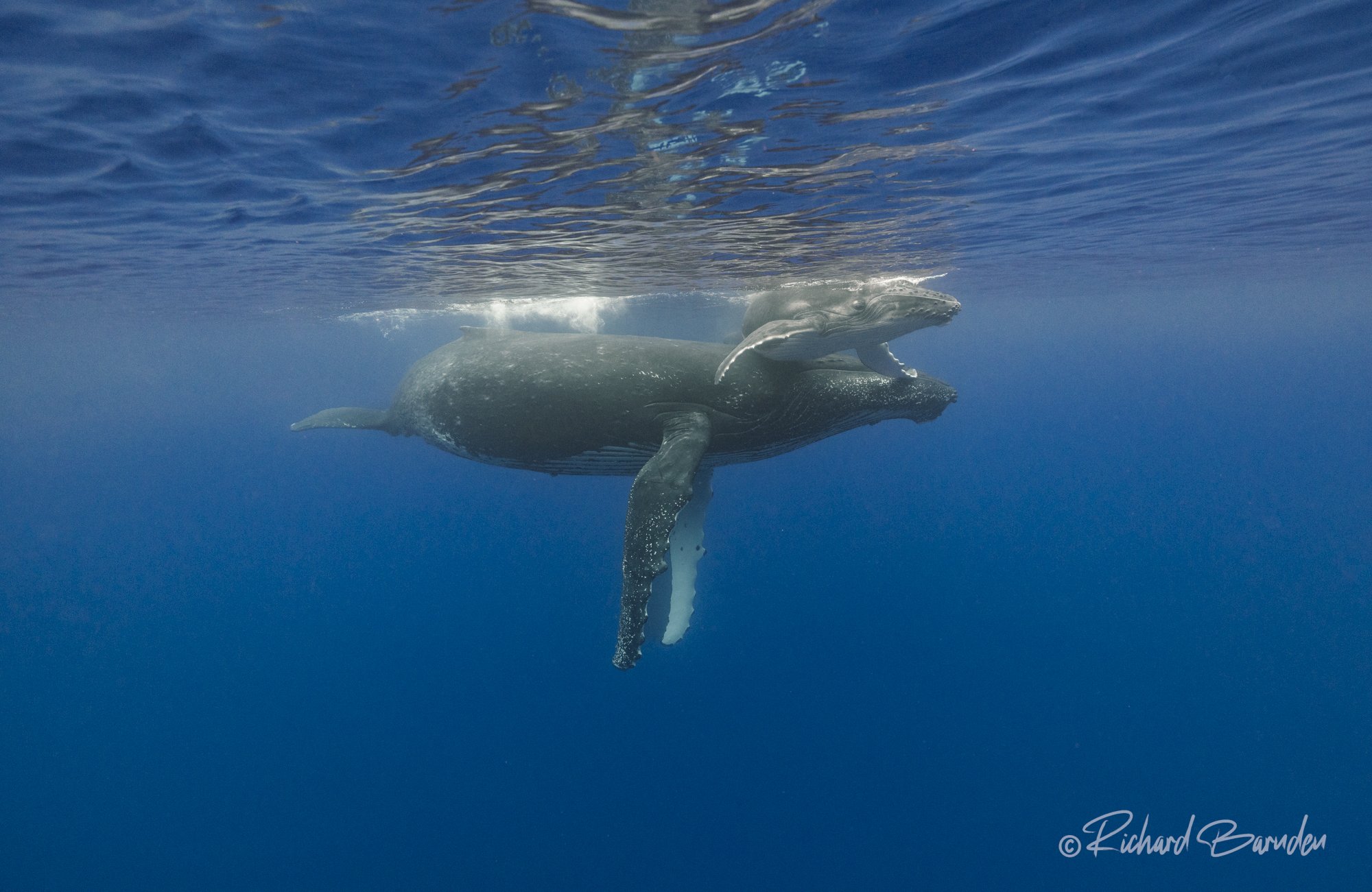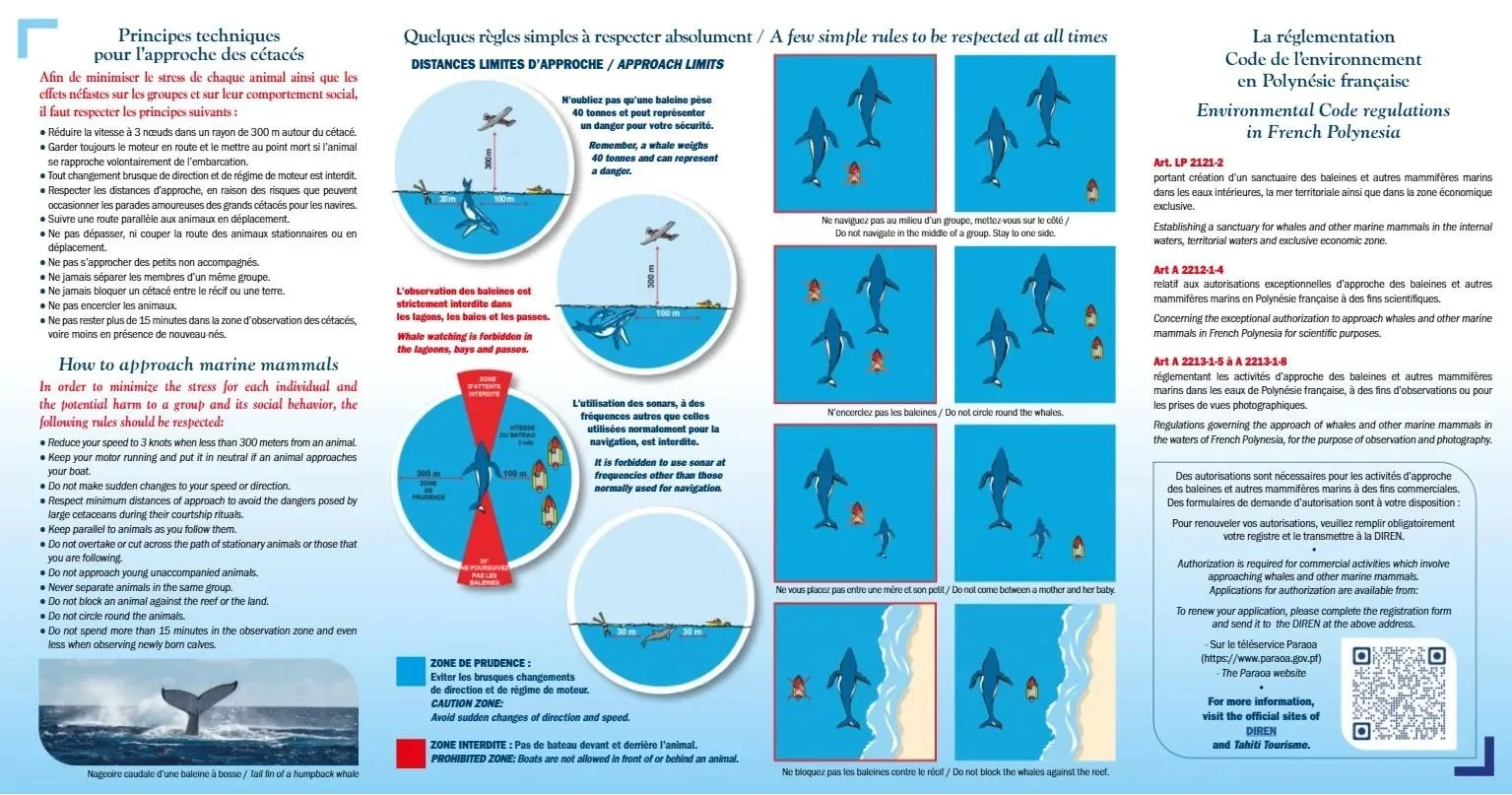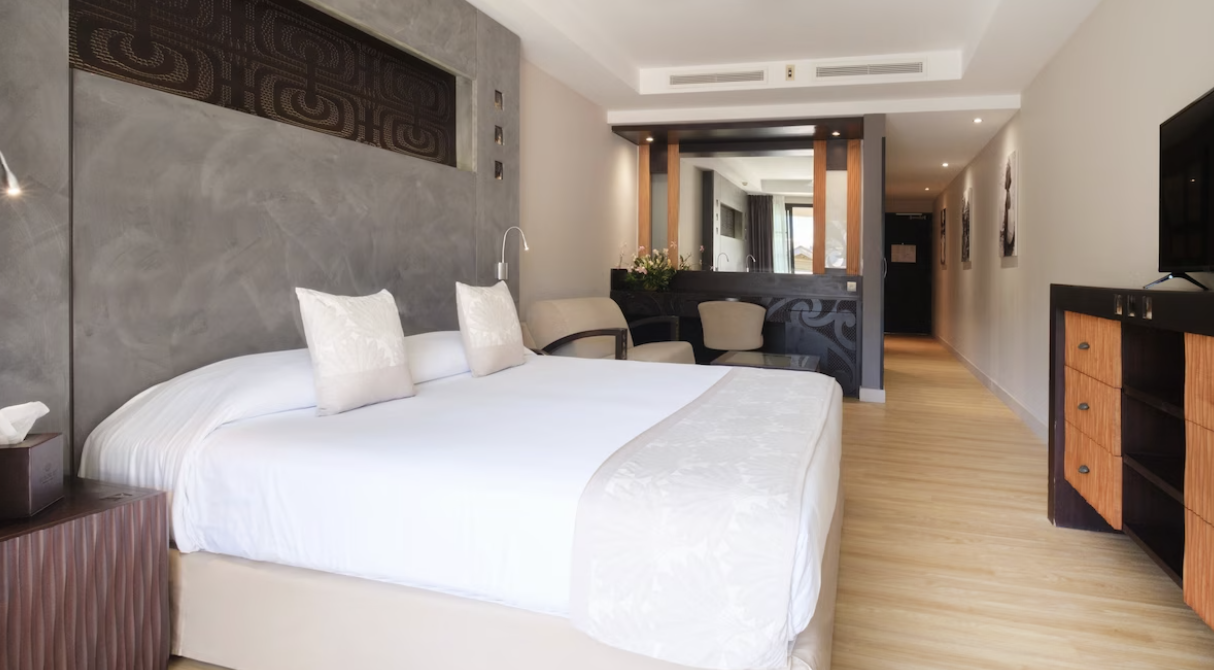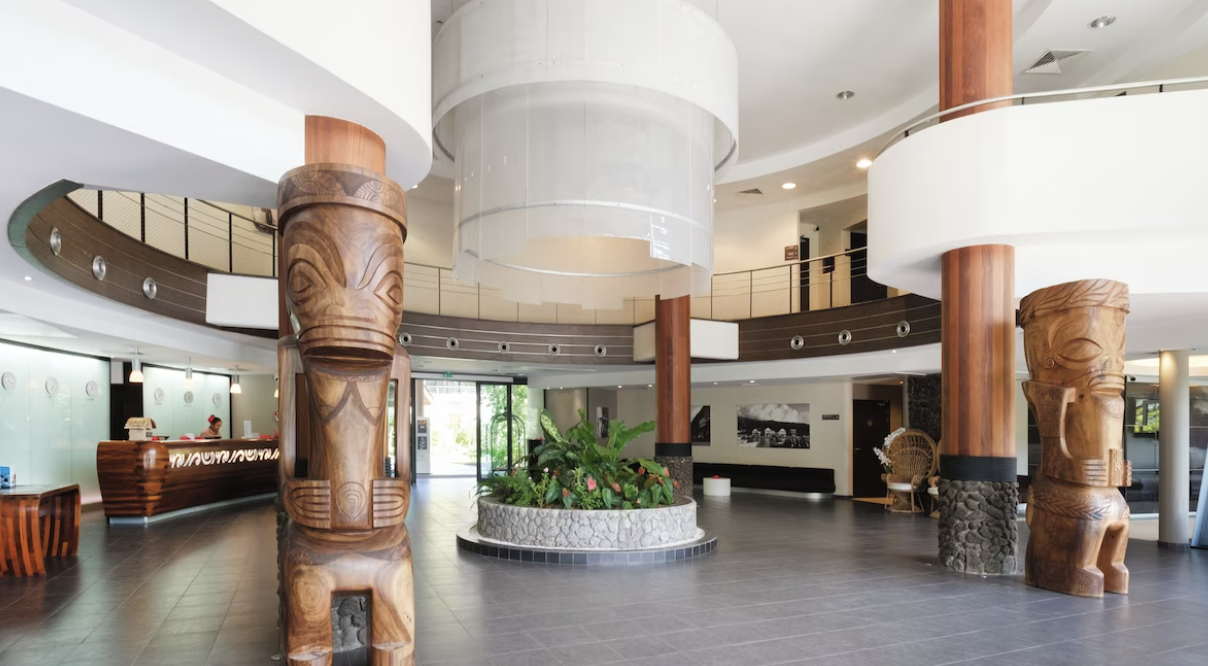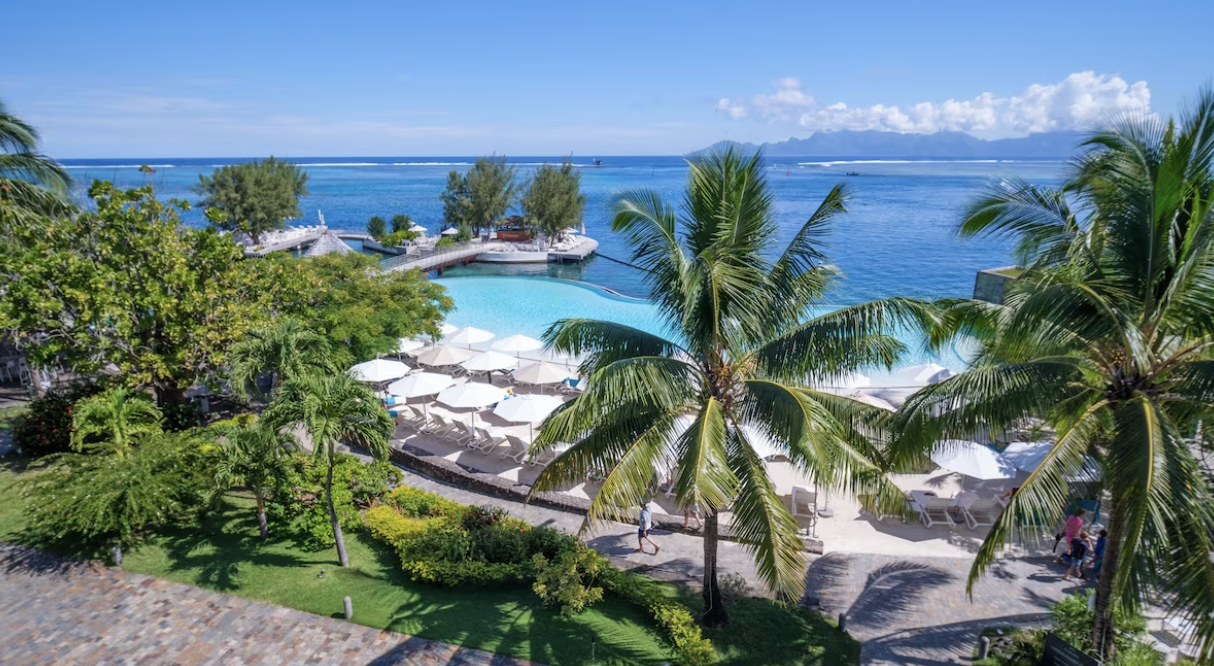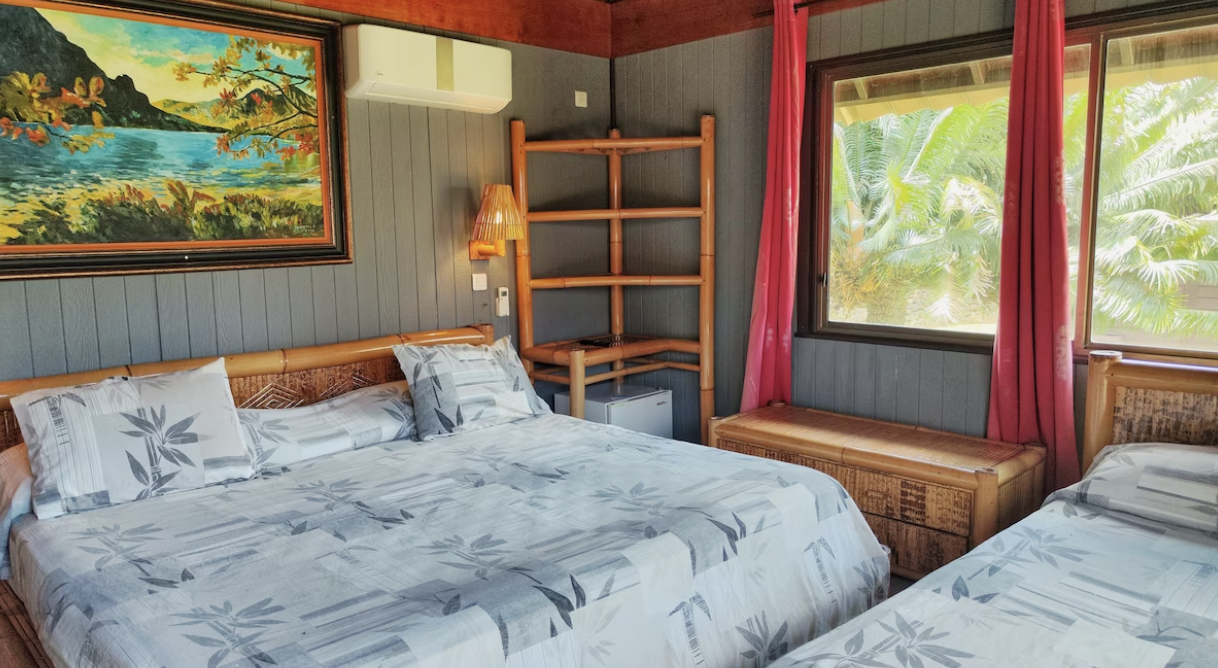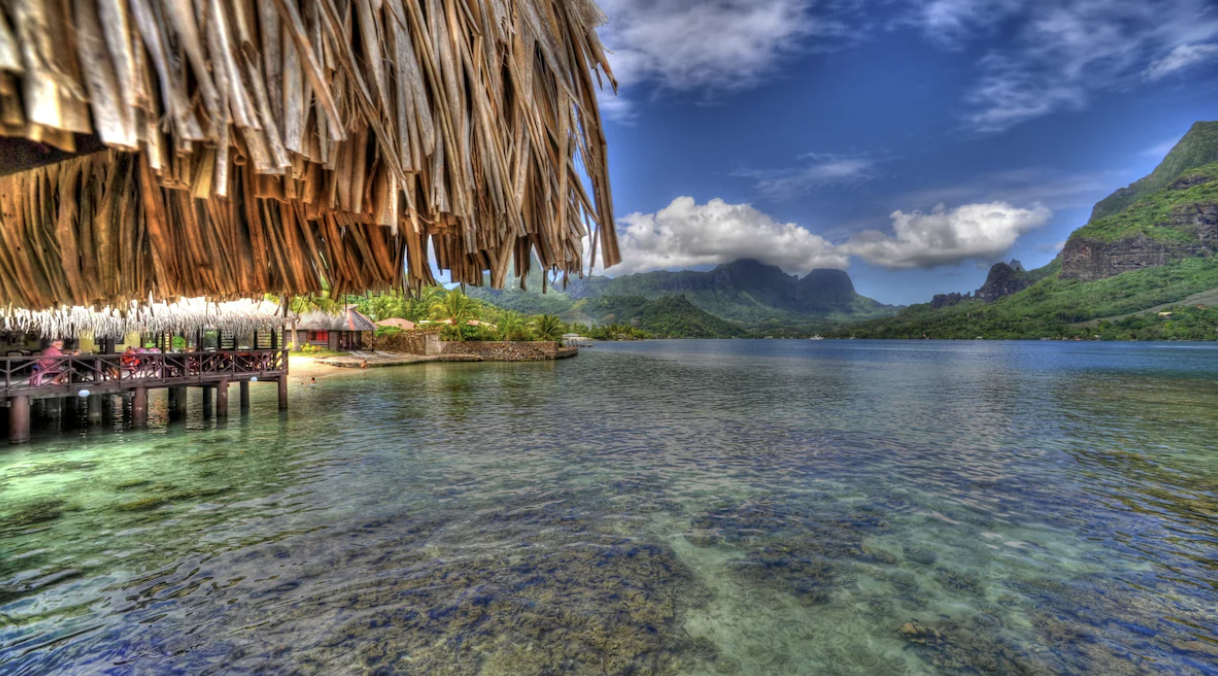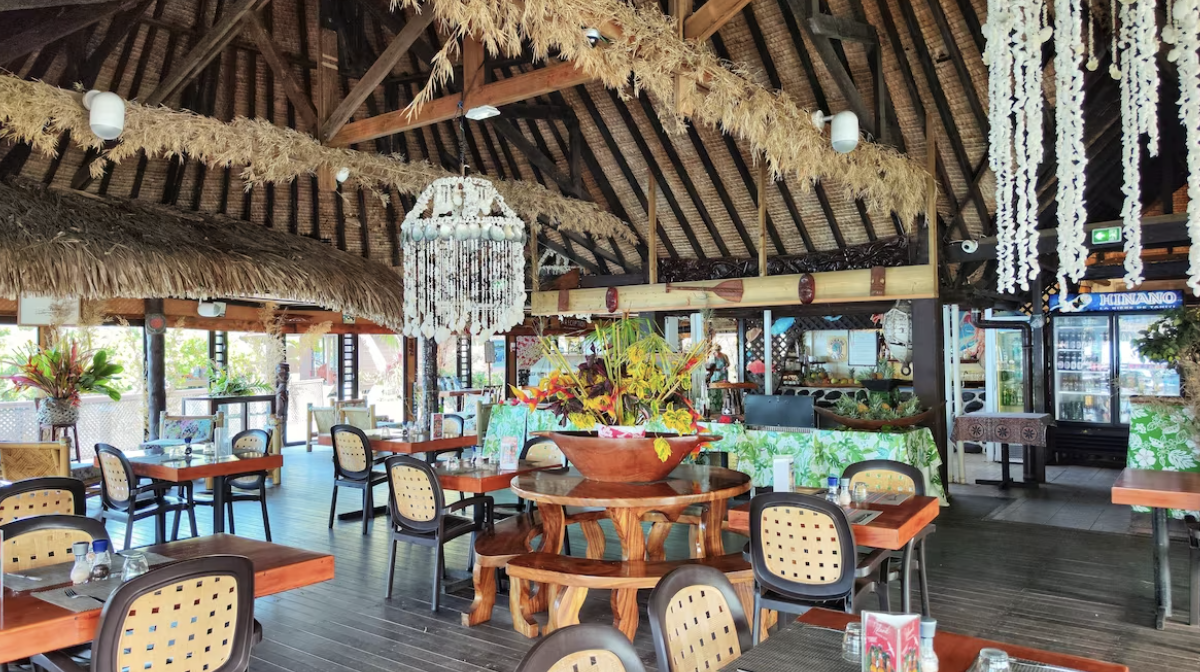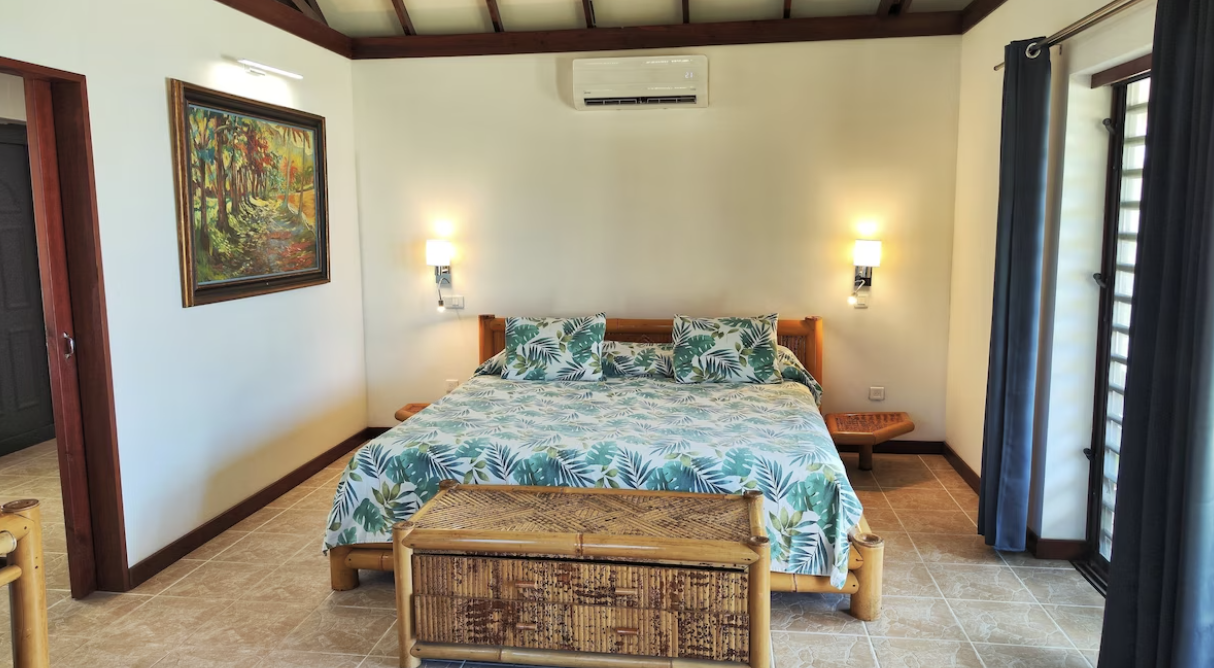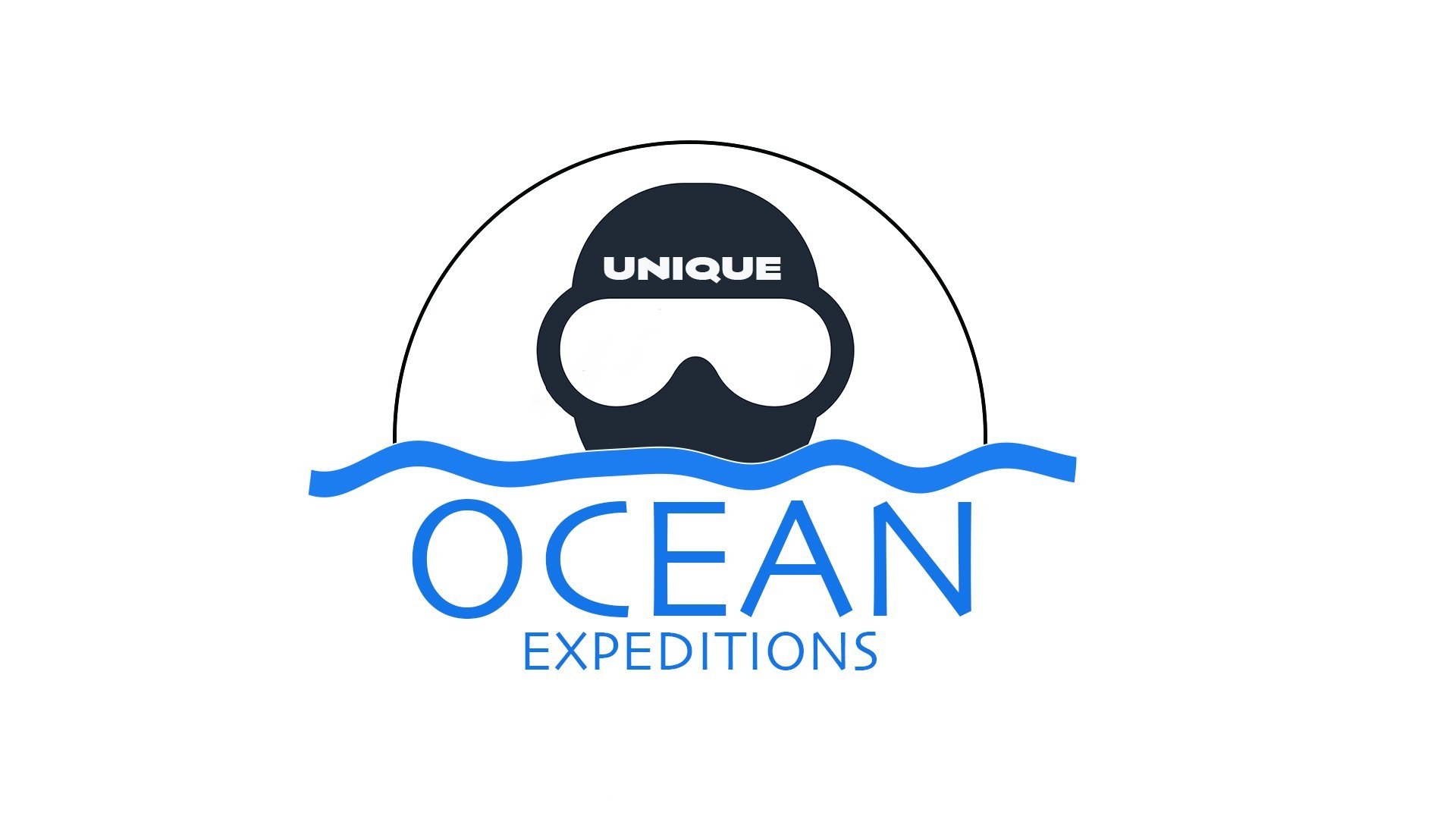FRENCH POLYNESIA
TAHITI AND MOOREA ISLANDS
HUMPBACK WHALE EXPEDITION
There are few destinations in the world where you can go swimming with whales, and The Islands of Tahiti is one of them.
Some people have described swimming with a whale as a life changing experience.
THE EXPEDITION
Our French Polynesian humpback whale expedition is an unparalleled adventure aimed at exploring the mesmerizing world of humpback whales in the crystal-clear waters of the South Pacific. Led by experienced guides and photographers, our expedition offers an immersive and educational journey into the realm of these majestic creatures.
Within the enchanting islands of French Polynesia, our expedition takes participants on a voyage of discovery around the islands of Papeete and Moorea, where they have the opportunity to witness firsthand the annual migration of humpback whales from Antarctica to the warm waters of the Pacific. Equipped with state-of-the-art research equipment, including hydrophones and drones, we delve deep into the behavior and ecology of these magnificent marine mammals.
Throughout the expedition, participants engage in a range of activities, from observing whales breaching and tail-slapping to listening to their enchanting songs beneath the waves. Our team of experts provides insightful commentary and interpretation, enriching the experience with their knowledge of whale behavior, conservation efforts, and the marine ecosystem of French Polynesia.
In addition to whale watching, our expedition offers opportunities for snorkeling, and exploring the vibrant coral reefs and marine life that thrive in these pristine waters. Participants also have the chance to immerse themselves in the rich culture and traditions of French Polynesia, with visits to local villages and encounters with indigenous communities.
Our expedition with Unique Ocean Expeditions promises an unforgettable journey of discovery, adventure, and conservation as we explore the wonders of French Polynesia and encounter some of the most awe-inspiring living dinosaurs on our planet.
FRENCH POLYNESIA
French Polynesia is an overseas collectivity of France located in the South Pacific Ocean. It is composed of 118 islands and atolls, spread out over an area of more than 2,000 kilometers. The main islands include Tahiti, Bora Bora, and Moorea.
Whales, particularly humpback whales, undertake an impressive annual migration from their feeding grounds in Antarctica to the warm waters of French Polynesia. They travel thousands of kilometers to reach the region during the winter months, typically from July to November.
The primary reason for this migration is breeding and calving. The waters of French Polynesia provide a safe and sheltered environment for humpback whales to mate and give birth to their calves. The warm temperatures and abundance of food sources contribute to the health and well-being of both adult whales and their newborns.
The journey from Antarctica to French Polynesia allows humpback whales to escape the frigid temperatures of the Southern Ocean and take advantage of the favorable conditions in the Pacific for breeding and raising their young.
After spending several months in French Polynesian waters, the whales return to Antarctica to feed during the summer months when food sources are more abundant in the nutrient-rich Southern Ocean. This annual migration cycle is essential for the survival and reproductive success of humpback whales.
SWIMMING WITH HUMPBACK WHALES
Whale watching is a strictly regulated activity in French Polynesia and only accredited professionals are authorized to organize excursions. There is a distance of 100M security that must be respected, you are not allowed to swim towards the whales, they must decide to swim towards you. Being in the company of these peaceable giants is a moving experience that leaves an indelible mark on everyone who has ever had that privilege.
The only way to swim with the whales in French Polynesia is on a group excursion with a certified guide. There are many such excursions available in Tahiti and Moorea. The whales can be spotted from quite a distance due to their spouts rising high into the air.
Once the whales have been spotted, your boat will approache slowly, so as not to frighten them. Everybody puts on a mask, tuba and flippers and, on the signal from your guide, you slide into the water and swim gently, letting the whales decide if they want to come closer. One of the most wonderful aspects of swimming with whales is listening to their beautiful songs, which can carry for distances of several kilometers. Please respect these beautiful, endangered creatures. They are treasured visitors to French Polynesia, where the ancestral culture considers them to be the guardians of the ocean.
HOW TO APPROACH MARINE MAMMALS
RATES AND DATES
2024
ALL HOTEL PACKAGES ARE BASED ON A TWIN SHARE OCCUPANCY
ITINERARY
Day One - Arrive in Papette, prepare for snorkeling tomorrow
Day Two - Papette Island - We will spend the morning and afternoon looking for whales or any Pelagics that we come across.
Day Three - Papette Island - We will snorkel in the morning looking for whales. In the late afternoon we shall have a land excursion
Day Four - Papette Island - We will snorkel in the morning looking for whales. In the afternoon we shall depart via Ferry to Moorea Island
Day Five - Moorea Island - We will spend the morning and afternoon looking for whales or any Pelagics that we come across.
Day Six - Moorea Island - We will snorkel in the morning looking for whales. In the late afternoon we shall snorkel with blacktip sharks and sting rays
Day Seven - Moorea Island - We will snorkel in the morning looking for whales. In the late afternoon we shall have a land excursion
Day Eight - Check out and departure
INCLUDES
6 Days of Water Activities
Lunches
7 Days Accommodation
Photography workshop with Richard Barnden
EXCLUDES
International & Domestic Flight
Meals other than Lunch
Gratuities
Rental and Dive Gears
ACCOMMODATION
PREMIUM
TE MOAHA TAHITI RESORT (Papette)
ACCOMMODATION
PREMIUM
HOTEL KAVAKA (Moorea)
HUMPBACK WHALE EXPEDITION INFORMATION
Arrive In Papette (PPT)
Water Temperature - 80F/28c
Bring Snorkel and Fins
Wetsuit 3mm
Must be able to swim 100m comfortably
WORKSHOP SKILLS
RICHARD BARNDEN from RICHARD BARNDEN PHOTOGRAPHY will be leading this expedition and sharing his knowledge and skills of shooting Pelagic’s. Each evening Richard will give in depth presentations about the following days diving along with photography tips on settings and compositions.
SKILLS EXPLORED
Equipment and Photographic Gears
Blue Water Shooting
Lighting - Ambient Light
Lighting - Strobes vs Continues light
Settings and Compositions
